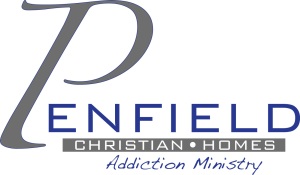Anthony Coulson, Director of ADAPTE International, gave a keynote presentation on the situation between the U.S. and Mexico, including statistics on drug seizures and images of the violence along the border. Coulson discussed the U.S. foreign policy dilemma and advocated treatment and recovery efforts as an effective solution.
In 2010, Anthony Coulson retired from the Drug Enforcement Administration (DEA) as the Assistant Special Agent in Charge of the DEA’s Tucson District Office and directed the Federal Government’s drug enforcement strategy in Southern Arizona. He began his career with the DEA in 1982 and has served in Washington, D.C.; Tucson and Phoenix, Arizona; Los Angeles, California; and Songkhla, Thailand. In 1996 and 2002, he received the DEA’s highest award, the Administrator’s Award for Exceptional Service.
Coulson explained that 90 percent of drugs in this country enter through the southwest border, and he emphasized that, at 2,000 miles long, the U.S. southern border can never be secured.
“I’m a big proponent of putting people in jail,” summarized Coulson. “If they have a problem, give them treatment. But I don’t want to see them again.” He argued that dealers and traffickers need to be removed from communities, so that the communities have time to heal. He added that there must be strategies in place to facilitate that recovery.
Based on seizures, Coulson asserted that marijuana trafficking creates the channels that all other drugs – cocaine, heroin, and methamphetamine – use. In 2009, 3.5 million pounds of marijuana was seized, at a value of $3.5 billion dollars. Coulson asserted that amount likely represents 20 percent of the total marijuana trade, but that drug cartels plan for this loss as a part of their business strategy.
In addition to drugs, the U.S. seizes billions of dollars in cash and assets each year. A percentage of that amount goes back to law enforcement agencies, but Coulson encouraged treatment and prevention organizations to advocate for a share of these funds. “You need to be a voice. Get $2 billion of seized assets, and turn it into treatment and prevention. Law enforcement will fight you on it, but they don’t do anything with it.”
From Coulson’s perspective, all law enforcement efforts should have the goal of raising prices of drugs high enough to drive people to treatment. He claims that the U.S. government doesn’t value treatment and prevention as the true solution to drug trafficking. It doesn’t recognize that, without addressing the underlying problem of addiction, the costs of enforcement and corrections will continue.




